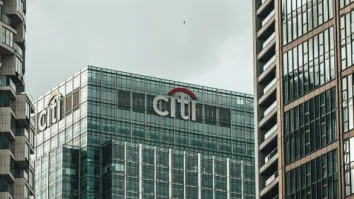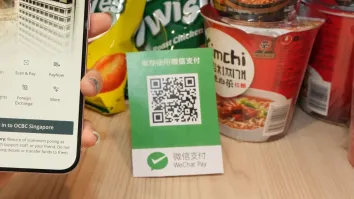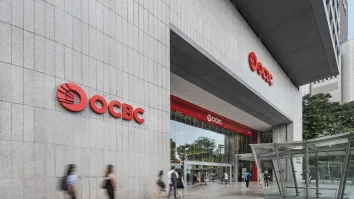
South Korea completes first phase of digital currency feasibility test
The second phase of the test will be carried out until 22 June.
The Bank of Korea (BOK) has completed the first phase of a two-step mock test of the feasibility of a central bank digital currency (CBDC), based on a press release from the financial regulator.
The first phase was launched in August 2021 and completed in December. The second phase of the test will be carried out until 22 June.
Also Read: What's up with central banks' craze around digital currencies?
During the first phase, BOK shared that CBDC showed normal operations in a cloud-based environment.
"We will confirm the possibility of operating various functions, such as offline settlements, and the application of new technologies, such as one intended to strengthen privacy protection during the second phase of the test," BOK said in the release.



















 Advertise
Advertise











